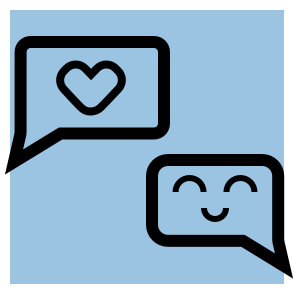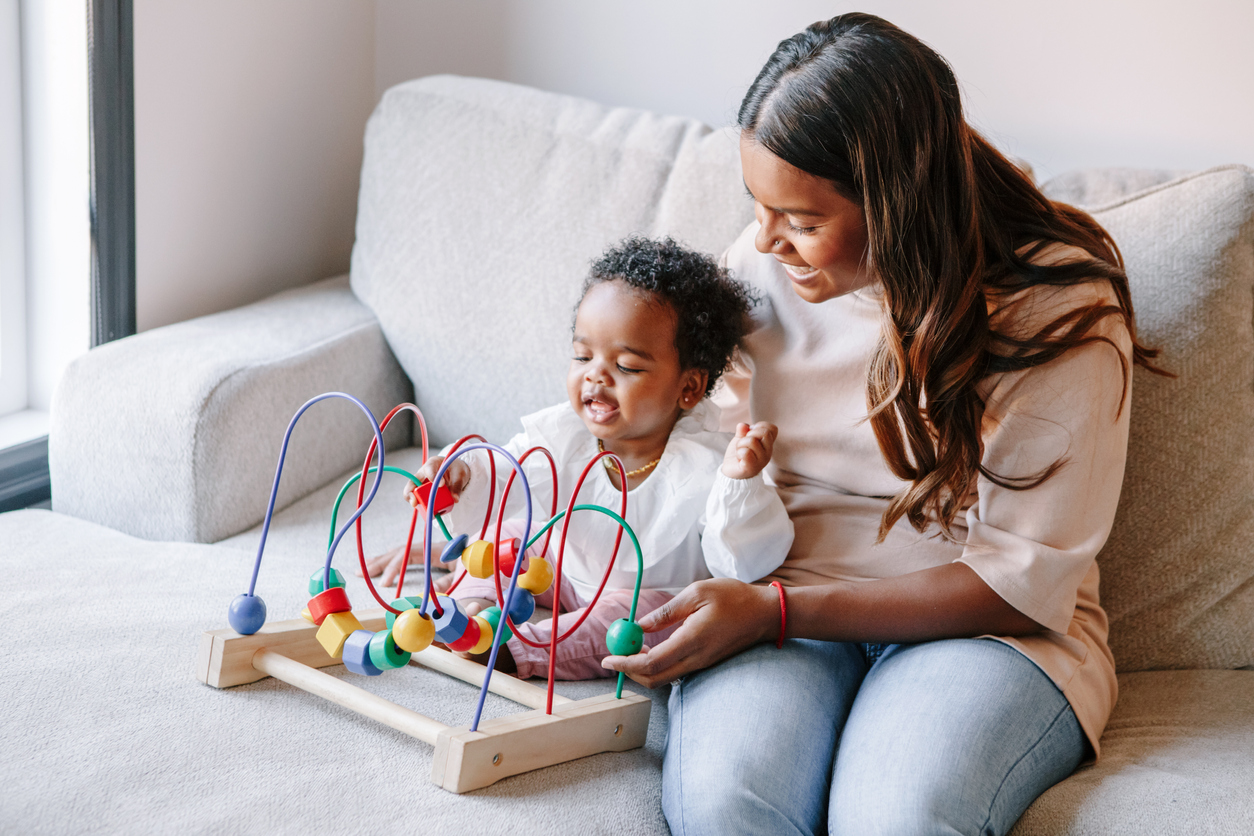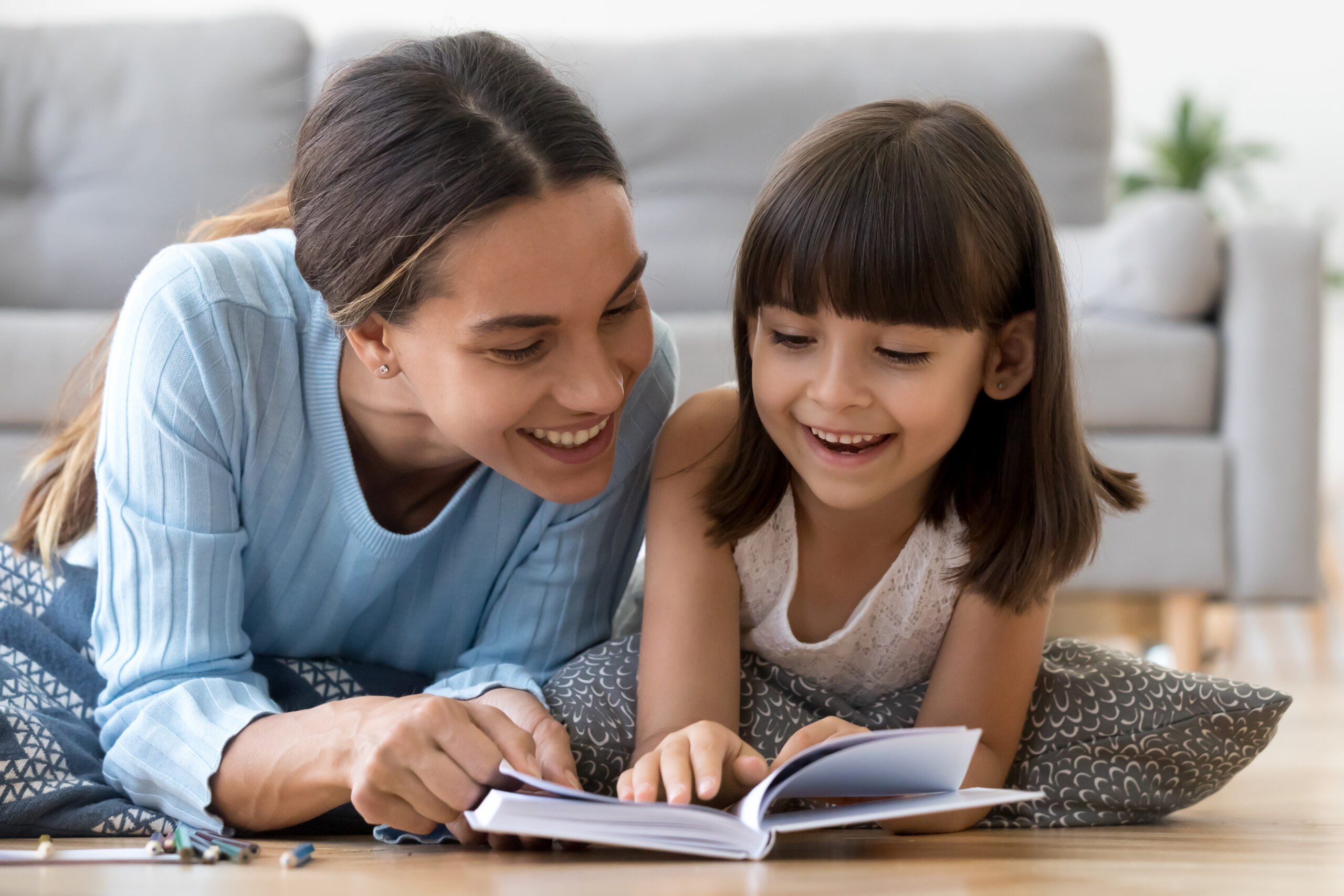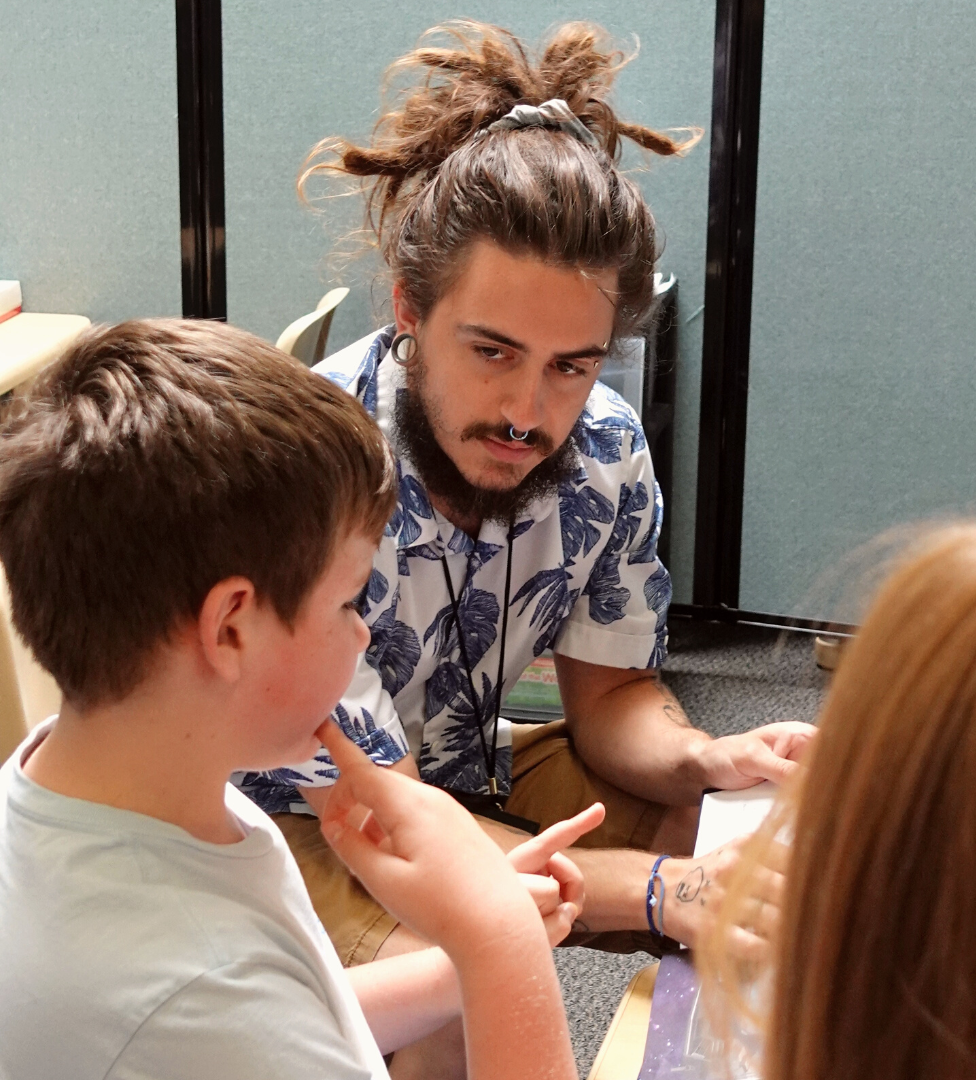
Friends make life more fun
Play time is the perfect time to practice the skills developed in our one-on-one Applied Behavior Analysis (ABA) sessions. We offer age-based social skills groups for MeBe ABA clients that meet regularly to help your child make friends in an engaging environment facilitated by our ABA therapy teams.
“Regular group interaction, combined with one-on-one Applied Behavior Analysis (ABA) therapy, can teach your child to play well with others at school and home—for stronger relationships with their peers and siblings.”
Abigail Bunt, M.Ed., BCBA
MeBe Co-Founder and Executive Director
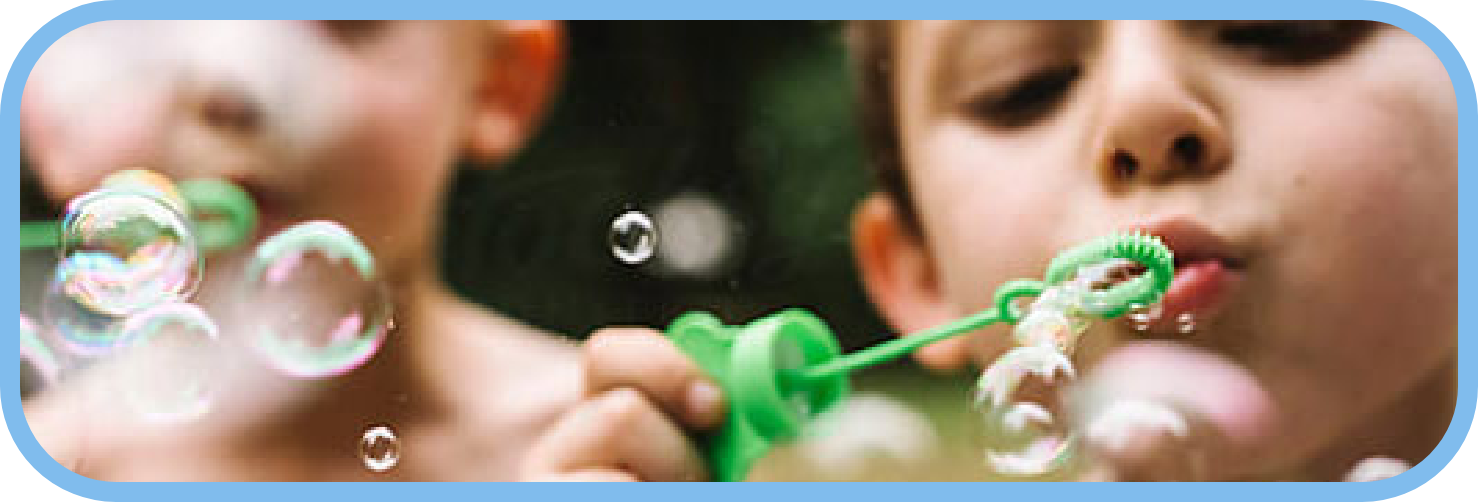
Social Skills Programs
Watch this recorded MeBe Learning webinar to learn strategies to help your child develop social skills through play with siblings and peers.

